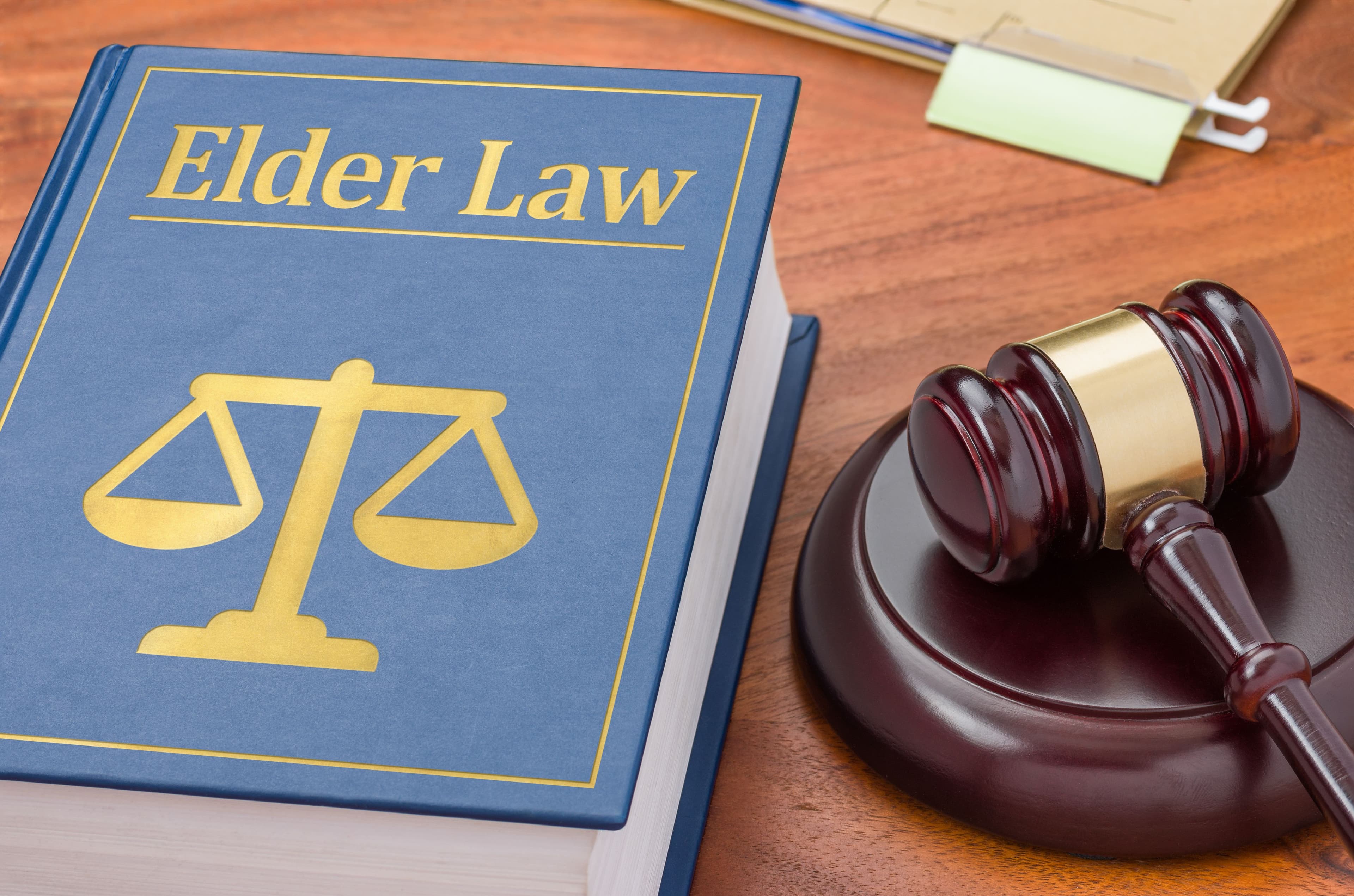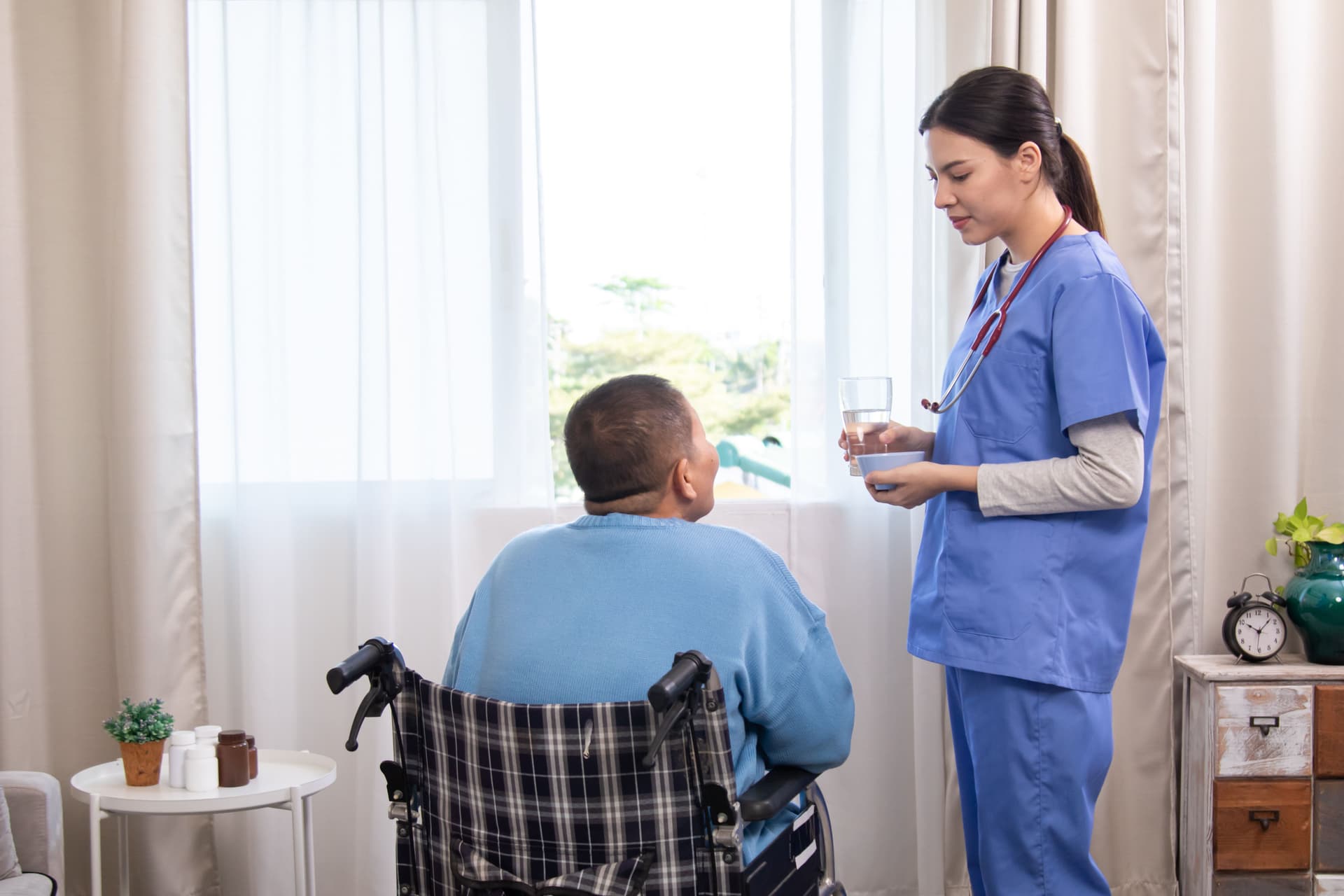
Nursing home abuse and neglect put vulnerable residents at serious risk, leading to malnutrition, dehydration, infections, and preventable injuries. When facilities fail to provide adequate care, residents suffer, and families are left feeling helpless. Lack of supervision, improper medical treatment, and unsafe conditions can result in devastating harm. Understanding the warning signs, knowing your legal rights, and holding negligent facilities accountable are crucial steps in protecting your loved ones. Learn how to take action and seek justice.
October 13, 2025
3 min
Placing a loved one in a nursing home is an act of trust. Families believe that the facility will provide compassionate care, dignity, and safety. Yet, too often, elderly residents face mistreatment, neglect, or violations of their basic human rights. Understanding the legal rights of seniors living in nursing homes is the first and most powerful step families can take to ensure their loved ones are treated with the respect they deserve.
Federal and state laws protect nursing home residents, setting clear standards for care and accountability. These laws are not optional guidelines—they are enforceable obligations that every facility must follow. Knowing what these rights are empowers families to recognize when something is wrong and take immediate action.
The rights of nursing home residents are rooted in federal law, particularly the Nursing Home Reform Act of 1987. This landmark legislation established a “Residents’ Bill of Rights” that applies to all nursing homes receiving Medicare or Medicaid funding. It ensures that seniors have the right to:
Beyond federal protections, each state also has its own set of elder care laws that may expand or strengthen these rights. Together, these legal frameworks form a shield around residents—one that families must ensure remains intact.
Every resident in a nursing home has the right to live in an environment that preserves their dignity and individuality. This means being treated as a person, not just a patient. Staff must respect personal choices, cultural traditions, and privacy in all interactions.
Examples of privacy violations include entering a resident’s room without knocking, discussing medical conditions in public areas, or restricting access to phone calls or mail. While these may seem like small infractions, they erode the resident’s sense of independence and respect.
Dignity also extends to daily living activities. Residents should be allowed to choose their clothing, set meal preferences, and maintain as much control as possible over their routines. Facilities that ignore these rights often do so as a result of poor staffing, lack of training, or neglect of basic standards.
This is one of the most critical protections under both state and federal law. Abuse in nursing homes can take many forms—physical, emotional, sexual, or financial—and is always illegal.
Neglect, while sometimes less visible, can be just as harmful. It includes failing to provide food, medication, hygiene, or necessary supervision. A resident left unattended for long periods or not repositioned to prevent bedsores is experiencing neglect.
If families notice signs such as unexplained bruises, sudden changes in behavior, weight loss, or fear of certain staff members, these could point to serious rights violations. Nursing homes are legally obligated to protect residents from harm, investigate complaints, and report incidents of abuse immediately. Failure to do so can result in fines, loss of licensing, or civil liability.

Seniors have the legal right to participate actively in decisions about their medical care and treatment. This includes:
Families often assume that once a resident enters a facility, the staff makes all medical decisions. This is not true. The law guarantees that residents—or their legal representatives—have a voice in every step of their care. Facilities that bypass this right or pressure residents into unwanted treatments are violating the law.
Residents and their families have the right to file complaints or grievances without fear of punishment or retaliation. Every nursing home must have a clear grievance process, including access to an ombudsman, who serves as an independent advocate for residents.
If a complaint is ignored or mishandled, families can report the issue to state regulatory agencies, adult protective services, or an attorney. Facilities that retaliate—by isolating, transferring, or intimidating residents—face severe legal consequences. Protecting the right to speak out is essential, as silence only allows abuse to continue unchecked.
Federal and state laws require nursing homes to provide adequate staffing, medical oversight, and safe living environments. That means residents must receive:
If a facility is understaffed or fails to meet these standards, it can be held liable for resulting harm. Repeated infections, pressure ulcers, medication errors, or avoidable falls are clear warning signs that a resident’s legal rights have been violated.
When a loved one’s rights are violated, time is critical. Families should take the following steps:
Families do not have to face this process alone. Legal intervention can not only bring justice for a single resident but also prompt systemic changes within the facility to protect others.
Attorney Michael Hill has built his career on defending the rights of elderly nursing home residents and their families. His work focuses on holding facilities accountable for neglect, abuse, and violations of residents’ rights. With deep knowledge of both federal and state elder care laws, Michael helps families:
Michael approaches each case with compassion and determination, understanding that families seek not only justice but also peace of mind.
Every nursing home resident deserves to live with dignity, safety, and respect. The legal rights granted to seniors are not optional—they are the foundation of humane care. Families who understand these rights are better equipped to recognize warning signs and take action when necessary.
When a nursing home fails to uphold these standards, accountability is essential. Attorney Michael Hill stands with families to ensure that seniors’ voices are heard and their rights are protected. His commitment to justice helps restore not just safety but the dignity that every elderly resident deserves.